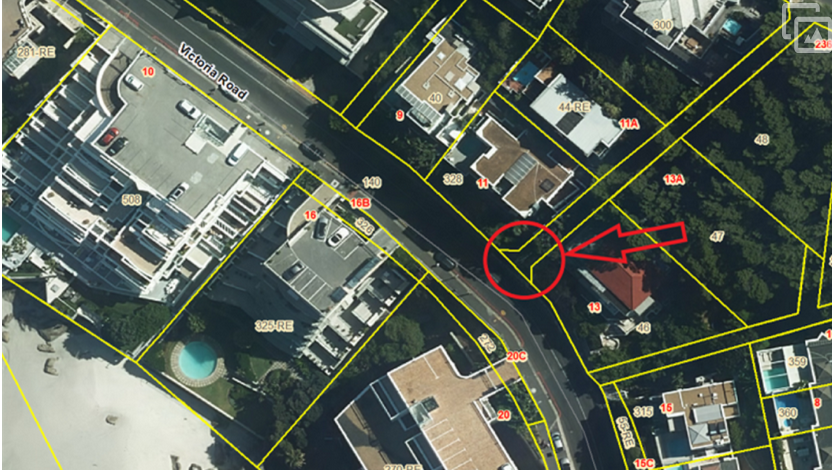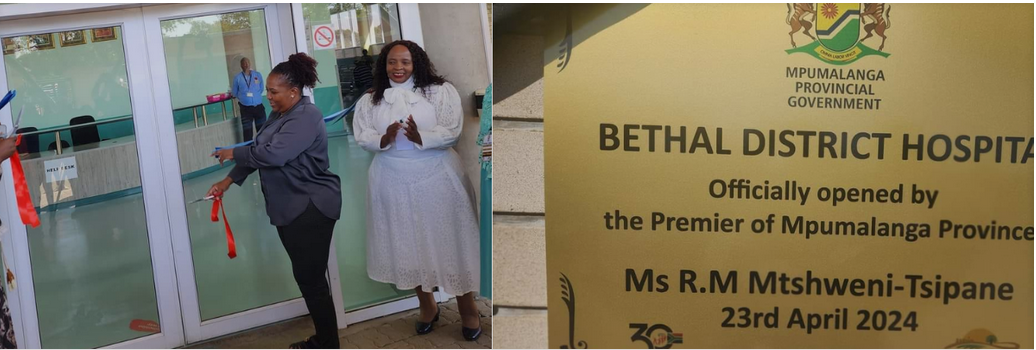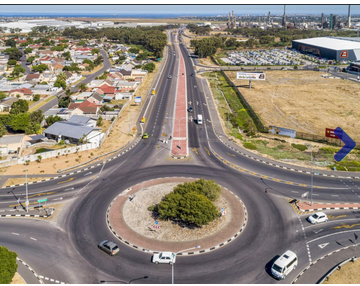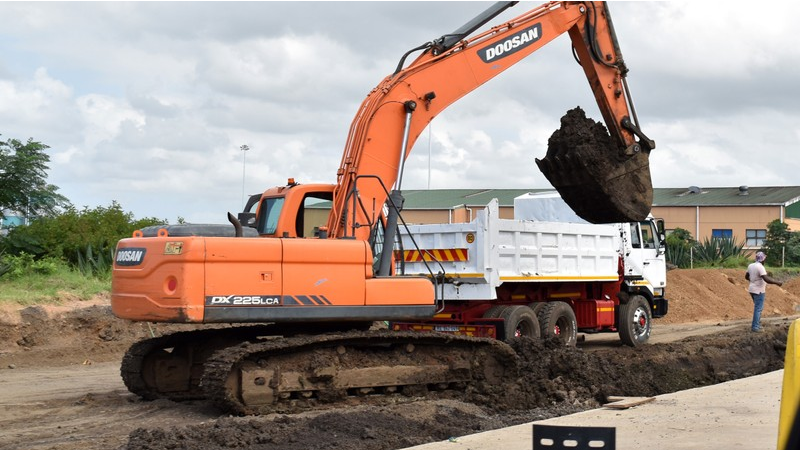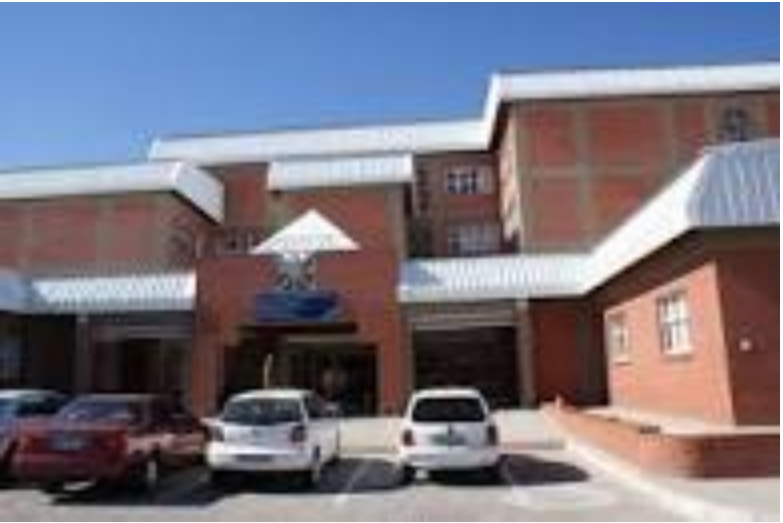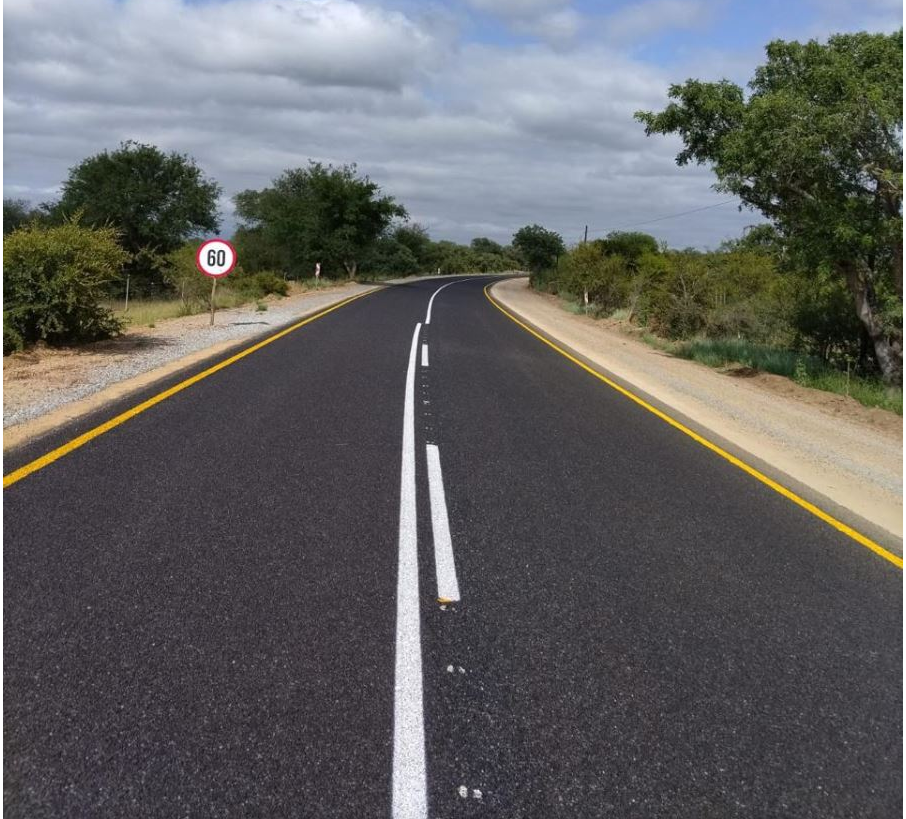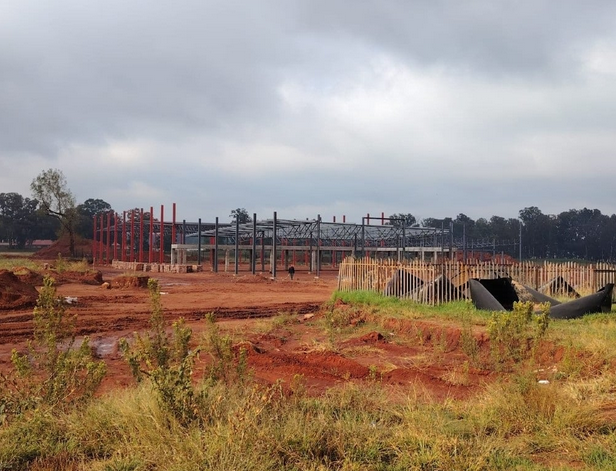Municipalities fail to come clean

31-07-2014
Read : 74 times
BusinessDay
Source
YEAR after year South Africa’s auditor-general arms himself with jargon like "unauthorised, irregular, fruitless and wasteful expenditure" to point to financial maladministration in government. These terms do not seem to scare crooked politicians and officials.
The jargon in some cases masks the deliberate squandering and looting of public funds.
Last year the mayor and municipal manager of Tlokwe municipality in the North West ignored the opinion of the chief financial officer that a certain transaction would amount to "irregular expenditure".
Like auditor-General Kimi Makwetu, the chief financial officer was being diplomatic. What she meant to tell them was that the transaction was fraudulent.
Mr Makwetu on Wednesday painted a dire picture of financial control. It seems the unlawful transaction in Tlokwe — involving close to R1m — was among thousands captured as "irregular expenditure" amounting to R11.6bn.
Of that sum, municipalities cannot account for R3.6bn purportedly spent on goods and services.
But words are not as deceiving as numbers. On Wednesday Mr Makwetu disclosed there had been altogether "R9,195m" in unauthorised expenditure, expressed in words that is almost R9.2bn. It suggests the state is more concerned with watering down the effect of unlawful spending than tackling it.
All unauthorised, irregular and wasteful expenditure should be investigated timeously, as required by the law, to determine whether it should be recovered from the official responsible.
While Co-operative Governance Minister Pravin Gordhan can be excused as he is new in the post, information about misspent funds recovered over the past 20 years should be traceable and publicly available. But it is not.
The Presidency this month published an update of the Special Investigating Unit’s (SIU’s) work as evidence that "progress is being made in the fight against corruption within the public service and the actions taken should serve as a deterrent to other officials".
A quick analysis of one of the nine cases the SIU has completed in the past five years — out of 36 probes — shows the sums involved do not seem to match the money lost. We knew in 2011 that R41m of the R150m the Department of Arts and Culture had budgeted for Soccer World Cup projects was diverted elsewhere. Yet the Presidency’s report mentions that criminal cases involving about R2.3m had been finalised and R350,000 recovered. No mention of the other R38m.
Mr Gordhan is expected to be the new broom that will sweep municipal offices clean. He appears to be the best prospect struggling municipalities have to assist with the clean-up campaign.
But his political will to make unpopular decisions is likely to be severely tested.
"All irregular and unauthorised expenditure is not necessarily corrupt expenditure," Mr Gordhan says, adding that "not all 300,000 people that work in municipalities are rogues.
There are lots of good, honest people who want to enhance democratic institutions."
He is not sure how much has been recovered from crooked officials. "It is something that we will look into."
Mr Gordhan says there is a process through Parliament’s public accounts committee to condone unauthorised expenditure. He says "on very rare occasions" officials have been asked to pay back money spent irregularly. "In most cases it is a question of condonation. If you have a valid explanation and you can prove it, then the expenditure would be acceptable," he says.
South African Local Government Association chairman Thabo Manyoni says a similar approach is followed by municipal public account committees. "The only thing is that when amounts are supposed to be recovered, those cases are handed to the police."
Recent News
Here are recent news articles from the Building and Construction Industry.
Have you signed up for your free copy yet?
